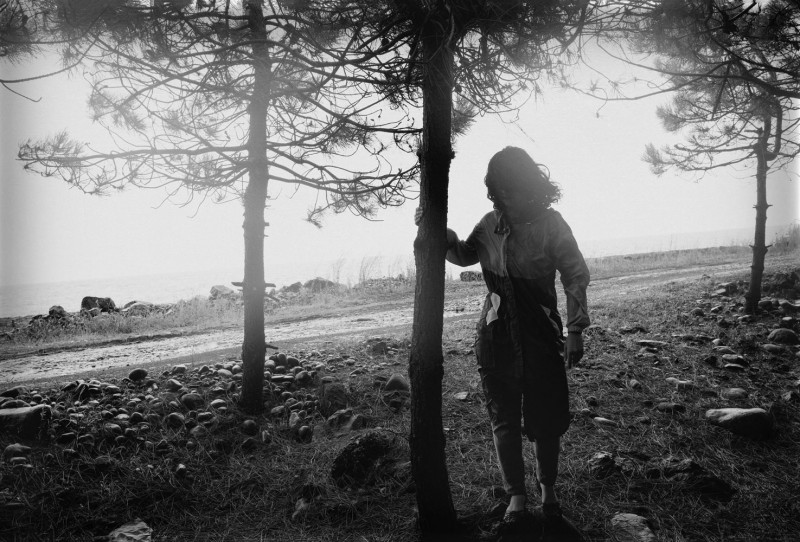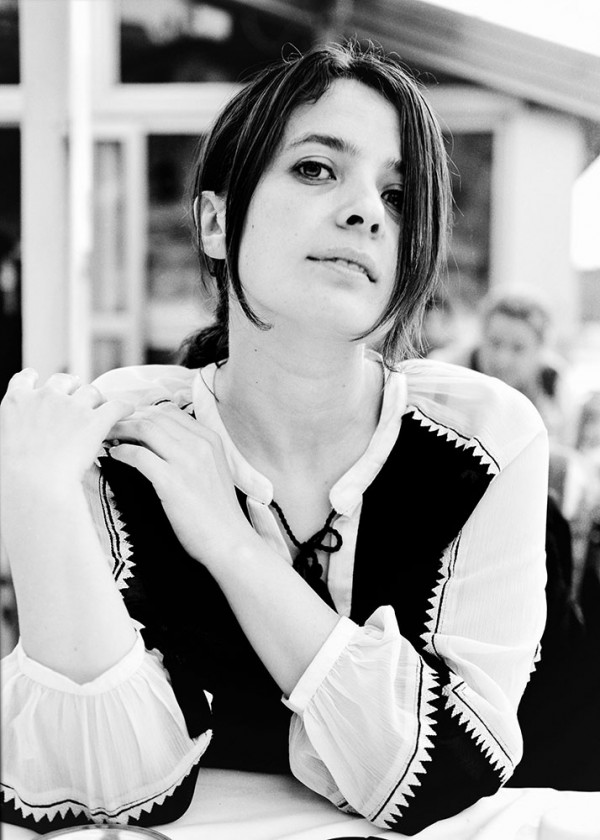Black Sea
Black Sea
Suzan Pektaş
December 31, 2018

“This photograph was taken during a trip to the Black Sea last August. We were driving along the coast with a friend. I was looking for a trace, a touch of my childhood. The whole coastline was crowded with new buildings, without any sign of the woods of my childhood stretching into the sea. It was clear that the region was under an active demographic transformation, as more people leave their rural homes and farms behind to move into high-rise apartment blocks. After a long drive along the winding road, we finally came across a stretch of woods. You could feel the sea through the trees before seeing it. It was an exciting moment. We walked to the sea. It was a rainy and windy day, and we were all alone on the beach. I did enjoy finding small stories in her interpretations. It was there that I captured this instant that perfectly connected the moment to my childhood.”
About the camera:
“For this series I worked with the M-P 240 for the first time. Using a rangefinder transformed my work because you really have to be quick. It does not tolerate mistakes. If you miss the instant, it’s gone. I had to practice a lot and nurture that. That is what’s so good about the M 240, the challenge to get things right at the right moment, just as they need to be. After many years of using a DSLR camera, Leica has disciplined and re-trained me. I believe this has improved my work as well. Its small size and familiar look improved my communication with people as well. Leica does not intimidate them, so they look at me instead, which eases our relationship. Once you become proficient with it, the rangefinder also provides total control of the image. It is also a beautiful camera. There is a sense of pride in using it.”
Equipment:Leica M-P (Typ 240) with Summicron-M 35 f/2 Asph
Photo: © Suzan Pektaş
Suzan Pektaş+-
The photographer with Bulgarian roots developed a passion for visual forms of expression during high school. Pektaş has been further exploring these different forms at the intersection between visual arts and documentation since 2015. Her current projects focus on the identity of the individual in relationship to his or her environment, dealing mostly with women, urban transformation and immigration. Pektaş is currently based in Istanbul. More

